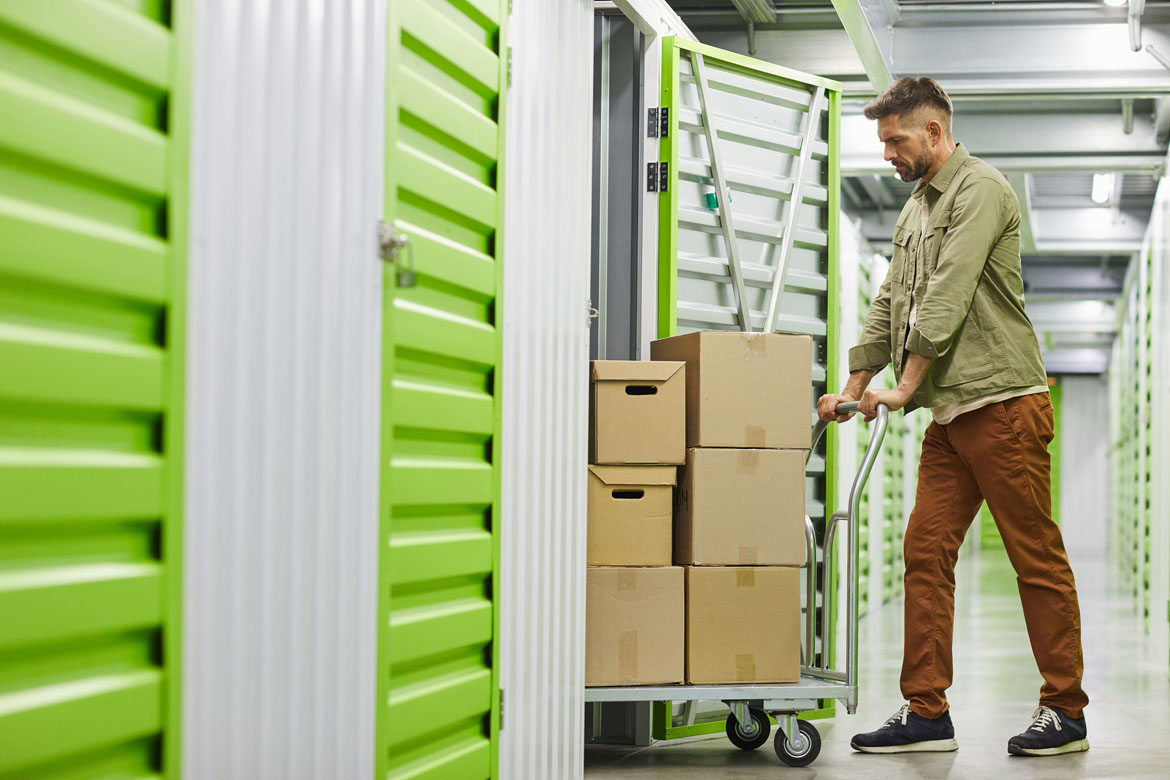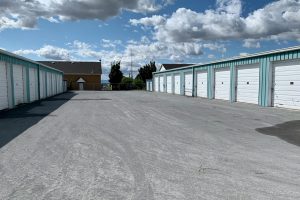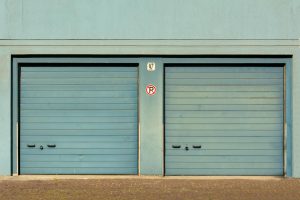Storage Units 101: What To Know Before Signing Rental Agreements
When faced with an excess of belongings and a shortage of space, renting a storage unit can appear as an ideal solution. Whether you’re downsizing, relocating, or simply looking to declutter, storage units provide a flexible and secure option for stashing your stuff.
However, before committing, there’s a lot to consider ensuring you’re making the right choice for your storage needs. Here’s what you should keep in mind:
1. Determine The Storage Unit Types
Before exploring storage units W Hobbs St Roswell NM, it’s crucial to understand the different types available to you. This knowledge ensures you select the best option for your belongings, whether you’re storing seasonal decorations, a vintage car, or a wine collection. The options include:
- Standard Units: These are the most common type of storage units, perfect for general household items that don’t require temperature control. They’re typically the most affordable option and come in a variety of sizes to fit your needs.
- Climate-Controlled Units: Designed to maintain a steady temperature and humidity level, these units are ideal for sensitive items. They prevent damage from extreme temperatures, humidity, and even pests, making them suitable for electronics, musical instruments, and fine art.
- Specialty Storage: For items that don’t fit the mold of traditional storage, specialty units are available. This category includes units for vehicles, wine storage, and even document archiving. These units often come with additional features tailored to the specific needs of what’s being stored, such as heightened security or temperature control for wine collections.
Understanding the nuances of each type of storage unit helps in making an informed decision, ensuring your items are stored in the optimal environment.
2. Evaluate Security Measures
Security is a top concern. An exemplary storage facility will have robust security features in place. Look for units with secure locks, surveillance cameras, and gated access. Some facilities even offer individual alarms for each unit. Beyond these basics, consider the presence of on-site security personnel.
Facilities with staff patrolling the grounds offer an additional layer of protection. It’s also wise to check reviews or ask for referrals to gauge the effectiveness of a facility’s security measures. Knowing your items are safe gives you peace of mind and ensures that your belongings are protected around the clock.
3. Check Access Hours
Access hours can vary from one self-storage unit to another, impacting how and when you can reach your belongings. Some offer 24/7 access, perfect for those who may need to retrieve items at unconventional times.
Others have more restricted hours, which could be a consideration if you work regular hours and only need daytime access. It’s important to assess your schedule and determine which access hours align best with your lifestyle, ensuring you’re never inconvenienced when you need to visit your unit.
4. Understand Rental Agreements
Checking the rental agreement is crucial before you commit to a storage unit. These documents are more than just formality; they’re a roadmap of your tenancy at the storage facility. Here’s what to zero in on:
- Payment Terms: Clearly understand the monthly rent, due dates, and acceptable payment methods. This prevents any surprises when it comes to the time to pay.
- Late Fees: Know the grace period for late payments and how much late fees will cost. Late fees can add up quickly, turning a reasonable rent into a financial burden.
- Termination Policy: Familiarize yourself with how to properly end your rental agreement. This includes notice periods and any potential penalties for early termination.
- Maintenance and Upkeep: Understand the facility’s policies on maintenance and what actions they’ll take to keep the premises secure and in good condition.
Paying close attention to these details in your agreement can save you from unexpected issues and ensure a smooth rental experience.
5. Explore Insurance Options
Most facilities require you to have insurance for your stored items. Sometimes, your existing homeowner’s or renter’s insurance will cover stored belongings. If not, you may need to purchase additional coverage directly from the storage facility or through a third-party insurer. This step is crucial because it ensures compensation in the event of theft, natural disasters, or accidental damage.
When exploring insurance options, compare coverage limits, deductibles, and the types of risks covered to ensure you’re adequately protected. Proper insurance not only safeguards your belongings but also provides invaluable peace of mind during their storage period.
6. Consider Size and Scalability
Choosing the proper storage unit size is a balancing act. You want enough space for your items without paying for unused square footage. Think about not only what you need to store now but also what might need space in the future.
Many facilities offer a range of sizes and the flexibility to upgrade or downgrade as your needs change. This scalability can be especially handy if your storage needs fluctuate over time.
For instance, if you’re in a move or renovation, your storage requirements might increase temporarily. Having the option to adjust your storage space easily without breaking the lease is a valuable convenience.
7. Consider Location
Location matters more than you might think when it comes to selecting a storage unit. A facility close to your home or office offers unmatched convenience, making it easier to drop off or pick up items without a significant detour. On the other hand, units located on the outskirts or less crowded areas might come with a lower price tag, making them worth the extra drive for some. Here are a couple of points to ponder:
- Proximity to Home or Work: A closer location can save time and reduce travel costs, especially if you anticipate frequent visits to your storage unit.
- Cost Savings vs. Convenience: Facilities in prime locations often command higher rental fees. Decide whether the convenience of a nearby location outweighs the potential savings from a unit located further away.
Balancing the importance of location against the cost will help you find the best fit for your budget and storage needs, ensuring you’re not paying extra for convenience you don’t need or sacrificing ease of access for savings that don’t add up.
Conclusion
Renting a storage unit can significantly ease the management of your belongings. By considering these essential factors, you can ensure you select a unit that meets your specific needs, balancing features, location, and cost-effectiveness. With thorough research and planning, you’ll secure a storage solution that perfectly fits your requirements.








1 comment
Wow